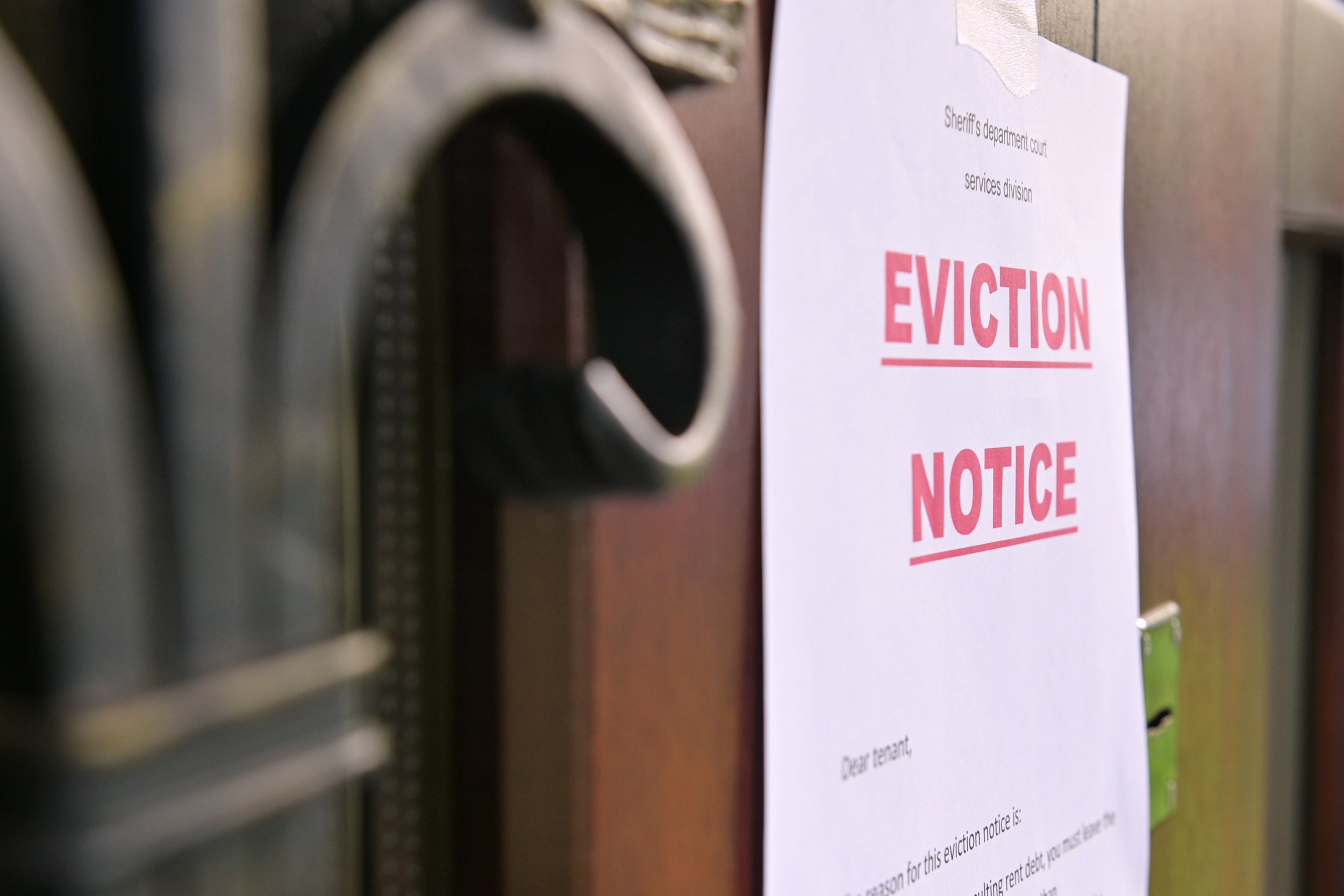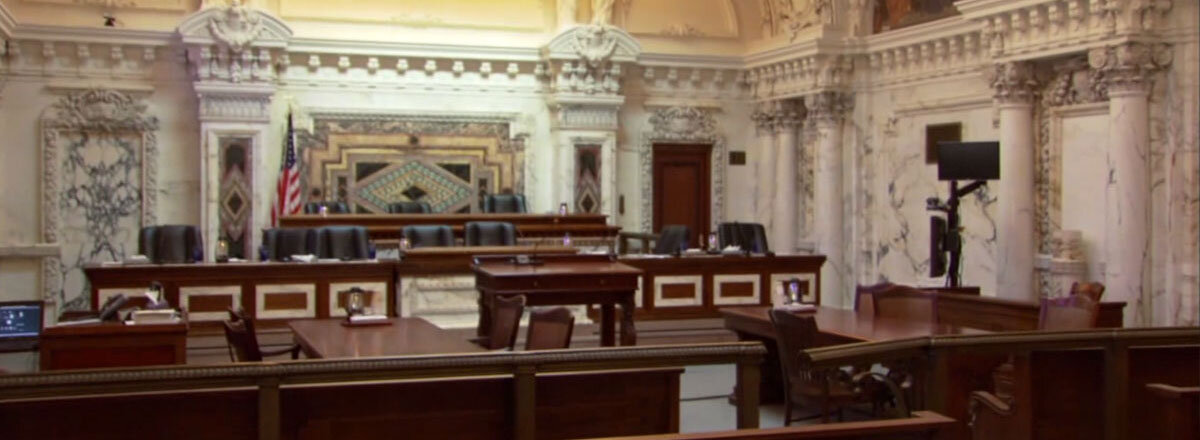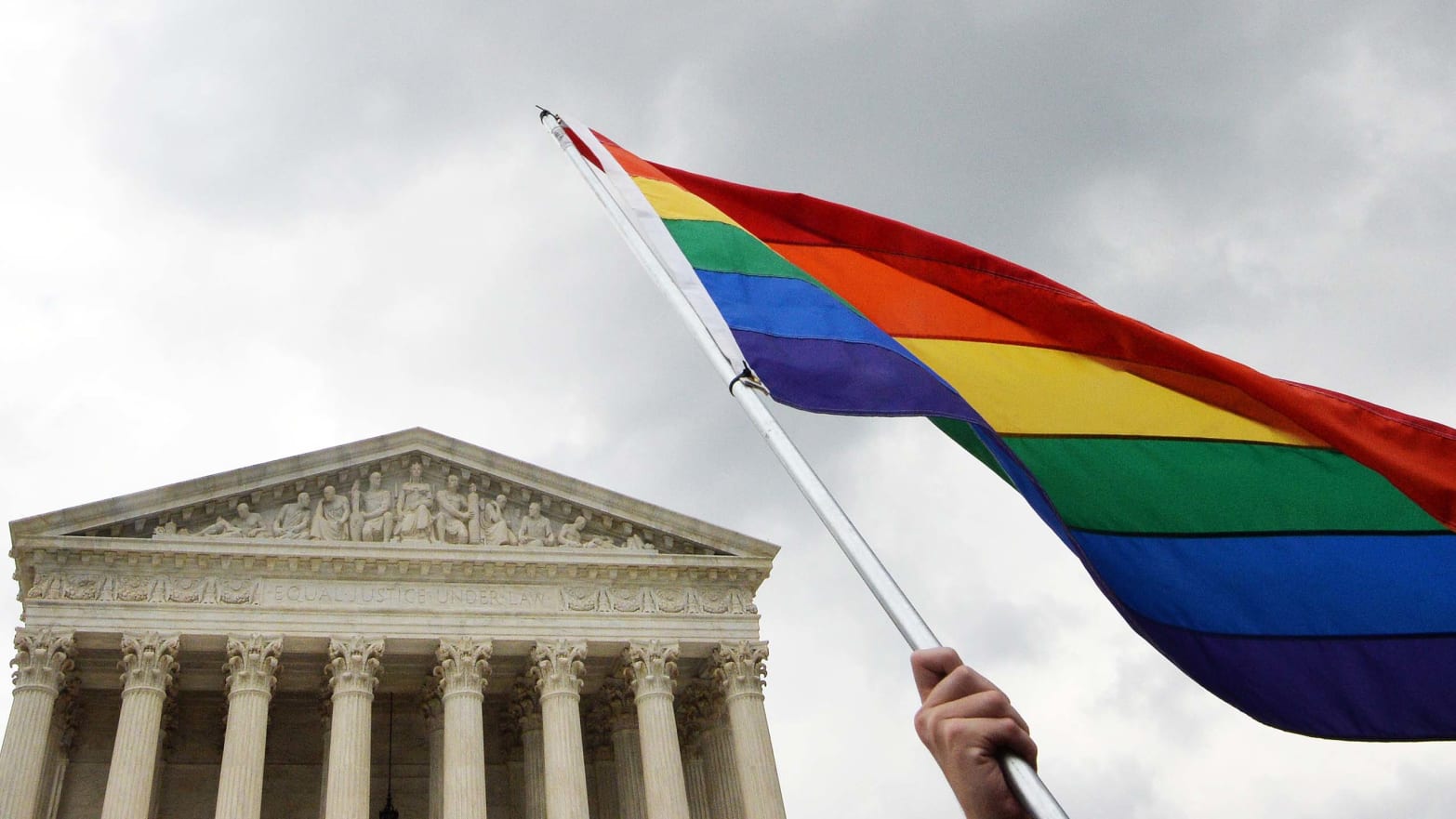
PRACTITIONER BLOG
Read our analyses of developments in Impact Litigation and stay current on class action law

Impact Fund & AMICI Urge Sixth Circuit to Affirm Class Certification in Discriminatory Water Billing Case
In October 2024, the Impact Fund and fellow amici Bet Tzedek Legal Services, Centro Legal de la Raza, Legal Aid at Work, and Public Counsel, filed a brief urging the Sixth Circuit to uphold the federal district court’s certification of a class of Black Cleveland residents who brought a lawsuit alleging discriminatory water billing practices by the City.

IMPACT FUND & AMICI to CALIFORNIA COURT OF APPEAL: PROTECT CATALYST FEES
In June, Impact Fund filed an amicus brief on behalf of thirty-six other public interest law organizations in San Diego Tenant Union et al. v. San Diego Housing Commission et al., in the California Court of Appeal. Our brief asked the Court to affirm the availability of catalyst fees to plaintiffs' counsel in successful public interest lawsuits because nonprofit legal services organizations rely upon the fee-shifting provisions of catalyst fees to undertake important litigation. “Catalyst fees” are a legal mechanism by which defendants pay plaintiffs attorneys’ fees when plaintiffs’ lawsuit induces defendants to provide the relief sought by plaintiffs—in other words, when plaintiffs’ lawsuit “catalyzes” defendants’ change in conduct.

District Court Finds Amenities Fees To Be Illegal Excess Rent for Section 8 Tenants
The Eastern District of California recently decided in Terry v. Wasatch Advantage Group, No. 2:15-cv-00799 (E.D. Cal., November 23, 2022), that certain amenities fees are illegal excess rent and violate contract terms for the Section 8 Housing Choice Voucher Program. The Court ordered the defendants, who are private property owners and managers, to repay the fees to their tenants.

Talking Turkey: Impact Fund Files Amicus Brief To Protect Catalyst Fees For Plaintiffs
In Direct Action Everywhere v. Diestel Turkey Ranch, the plaintiff filed a false advertising lawsuit alleging that Diestel was deceiving customers about the condition in which it kept animals on its properties. Several days into the trial, Diestel voluntarily removed the allegedly false statements from its website as part of a “website refresh.” The trial court denied Direct Action’s motion for catalyst fees for multiple reasons, two of which stood out to the Impact Fund and its allies. First, the court scorned the plaintiff’s reason for bringing the lawsuit and, second, it criticized the plaintiff’s activities outside the courtroom.

Ninth Circuit Panel Decertifies Class of Janitorial & Maintenance Workers: Impact Fund & Amici Urge Rehearing
A certified class of janitorial and maintenance workers survived two motions for decertification, successfully proved employer wrongdoing at summary judgment, and received significant damages in a jury bellwether trial before seeing their efforts undone by the Ninth Circuit. The recent panel opinion in Bowerman v. Field Asset Services, Inc., 39 F.4th 652, 661-63 (9th Cir. 2022), reversed certification after over seven years of litigation as a certified class. In doing so, the panel blatantly ignored the district judge’s repeated conclusion that the case was best managed as a class action.

Impact Fund Stands With Low-Income “Section 8” Tenants
Throughout her tenancy, Terry’s property manager demanded that she pay for “additional services,” such as laundry machines, renter’s insurance, and parking—including for a period when she did not own a car. When she couldn’t pay, they tried to evict her. Terry was not alone. Wasatch Property Management and its related entities, whose portfolio includes more than 16,000 units across five states, charged hundreds of Section 8 tenants similar fees, using 3‑day notices to threaten eviction when tenants failed to pay.

Impact Fund and Amici: Ninth Circuit’s New “De Minimis” Standard for Predominance Is Wrong and Disadvantages Workers
Our brief argues that the panel’s decision is inconsistent with decades of Supreme Court and Ninth Circuit precedent regarding class certification and trials challenging employment discrimination and other workplace violations, such as wage theft. To require plaintiffs to demonstrate no more than a “de minimis” number of uninjured class members at the class certification stage forces district courts to engage in a full-blown inquiry into the merits of the case, an inquiry which the Supreme Court and the Ninth Circuit have repeatedly stated courts are expressly forbidden to undertake at that stage.

Impact Fund and NAACP Legal Defense Fund to SCOTUS: Don’t Rewrite Typicality
The Impact Fund and NAACP Legal Defense and Educational Fund, Inc. filed an amicus brief in the U.S. Supreme Court on behalf of ourselves and twenty-four civil rights organizations. We argue that Ramirez indisputably satisfied typicality, as every class member in the case presented the same claims, were subject to the same conduct, and sought the same relief as Ramirez did. “TransUnion seeks to turn Rule 23 typicality on its head, asking the high court to rewrite the rule to protect defendants rather than absent class members,” declared Impact Fund’s Executive Director Jocelyn Larkin. “Nothing in the language or purpose of the rule supports TransUnion’s approach.”

Impact Fund & Amici Support State Efforts to Protect Vulnerable Workers During Deadly Pandemic
The California Department of Industrial Relations, Division of Occupational Safety and Health has a duty to keep California workers safe. Our amicus briefs make clear that the state fulfilled its duty in this instance. The Emergency Temporary Standards provide basic, necessary workplace protections for all workers and serve as an important step toward mitigating the health, income, and racial inequities caused by the COVID-19 pandemic.

Impact Fund and Allies File Amicus Brief Urging SCOTUS to Protect LGBTQ Workers
LGBTQ workers are entitled to the full protections of our nation’s laws. If the Supreme Court rules that Title VII does not prohibit discrimination based on sexual orientation and gender identity, it will create an arbitrary and painful carve-out to the landmark civil rights law, leaving LGBTQ workers vulnerable to discrimination and harassment on the job. The Impact Fund and our allies urge the Court to adopt a uniform, protective standard that will fulfill Title VII’s promise of equal employment opportunity for all.

Why “Ascertainability” in Class Actions Matters: How a Kiddie Pool Could Threaten Workers’ Rights in California.
The heightened and burdensome standard for ascertainability articulated by Sotelo and applied in Noel v. Thrifty Payless, Inc. will prevent meritorious employment class actions and undermine workers’ rights. This result is at odds with California’s strong public policies favoring the class mechanism and the robust enforcement of workers’ rights.

REFUSING TRANS PEOPLE HEALTHCARE SERVICES IS SEX DISCRIMINATION, SAY IMPACT FUND AND ALLES IN AMICUS BRIEF TO IOWA SUPREME COURT
EerieAnna (27) and Carol (42) have identified as female since they were young children, and they have both undergone hormone therapy, psychological care, and the legal processes to change their names and genders. When they tried to undertake sex reassignment surgery, however, their health insurance carriers, managed by Iowa’s state Medicaid program, denied them coverage
Speaking Out Against Unlawful Sex Stereotyping of Transgender People in North Carolina’s H.B. 2
Earlier this year, the North Carolina legislature passed a sweeping anti-LGBT bill, H.B. 2, which requires public schools and agencies to discriminate against transgender people by prohibiting them from using sex-segregated restrooms according to their gender identity. Plaintiffs Joaquín Carcaño, the ACLU of North Carolina, and others filed a lawsuitchallenging H.B. 2 as unlawful discrimination against transgender individuals under the Equal Protection and Due Process Clauses and Title IX of the Education Amendments of 1972.
